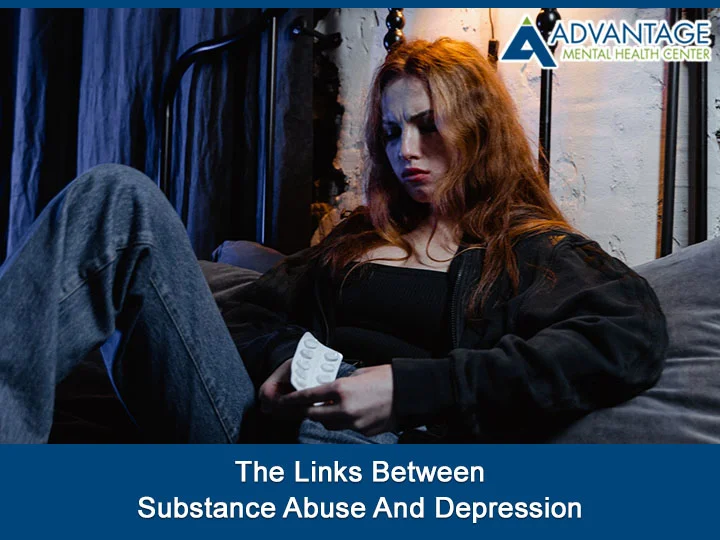It is estimated that around a third of adults who are experiencing substance abuse will also experience depression. Suffering from both depression and substance abuse disorders can create a complex situation that is challenging to diagnose and treat in Clearwater.
It’s important to understand the main characteristics of depression and substance abuse to help identify where there may be a concern. Since many of these symptoms are the same, it can be easy to confuse the two problems.
The Symptoms of Substance Abuse Disorders
While people experience substance abuse disorders in different ways, there are some common symptoms that are often presented.
Depending on the type of substances a person is using, they may exhibit signs of increased confidence or excitement. Substance abuse and addiction can also lead to increased irritability or anger. Confusion and restlessness are also typical symptoms that are associated with substance abuse.
The Symptoms of Depression
There are several symptoms of depression that are similar to those experienced by people struggling with substance abuse. People often experience irritability, anger, and anxiety when suffering from depression, and these symptoms can be similar to those suffering from addiction.
While symptoms are different for each individual, people with depression may experience feelings of elation followed by very low periods. This fluctuation in mood can also occur in people struggling with addiction or other mental health disorders.
The Link Between Substance Abuse and Depression
We already know that around a third of adults suffering from addiction also have depression. This is sometimes because substance abuse drives people into a poorer quality of life, thus resulting in a lower mood and leading to depression. Using some substances cause people to feel elated for a while before feeling low, which can result in chronic depression over time.
On the other hand, people suffering from depression may turn to substances as a coping mechanism. While this can feel like it provides temporary relief, it can have significant long-term consequences and lead to prolonged or worse depression.
Ways to Help
There are various things that may help a person who is suffering from depression or struggling with an addiction or substance abuse. Many things that can offer help to someone with depression will also help people who have addictions.
- Speak to a trusted person. Many people find it very valuable to speak to someone about what they are going through, even if the other person isn’t in a position to help any further. Unloading thoughts, feelings, and emotions can help a person to feel supported and heard, even though there is still a large challenge to overcome. Speaking to a trusted friend or family member can make a huge difference to people suffering from substance abuse and depression.
- Seek professional help. Sometimes professional help is needed to enable someone to get the support that they need. In most cases, a combination of trusted friends and professional help can support someone in getting on the path to recovery and managing their symptoms.
- Get educated. Whether you’re struggling yourself or trying to support someone else who is struggling at the moment, getting more knowledge can help you to understand more. Speak to other people who may have been through similar situations, and be open-minded to trying new ideas and approaches.
- Prioritize health. Even if some things feel like a huge challenge at the moment, there are smaller things that can support the health of someone struggling with depression and substance abuse. For example, taking a short walk or doing another form of activity can help to improve overall well-being, including mental health.
Finding the Right Support
Getting the right support can be a challenge when dealing with complex issues like substance abuse and depression. Professional help is available in Pinellas County from Advantage Mental Health Center via medication assisted treatment and counseling.
Picture Credit: Pexels


